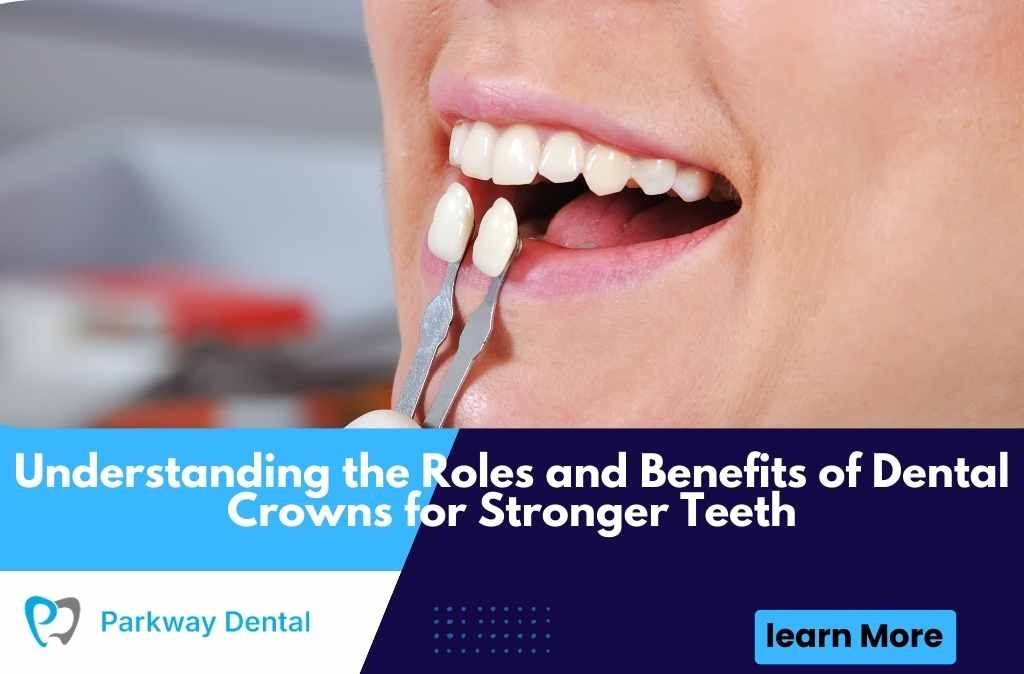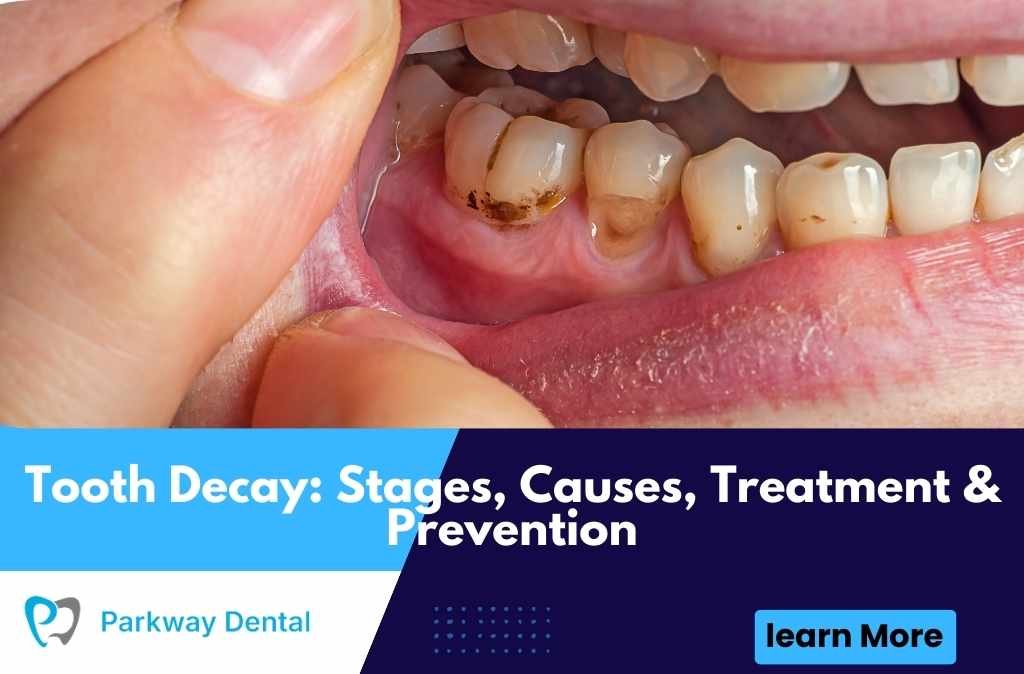When it comes to replacing missing teeth, dentures have been a popular and effective solution for centuries. Whether you are missing a few teeth or an entire row, dentures can restore your smile and improve your quality of life. However, if you are considering dentures, you may find yourself wondering: which is better—full dentures or partial dentures? We will break down both options, explore the pros and cons, and help you decide which solution is best suited for your needs.
What are Full Dentures?
Full dentures are prosthetic devices designed to replace a complete set of missing teeth. These dentures are custom-made to fit over your gums and are typically used when all the natural teeth in a row or the entire upper or lower jaw are missing. Full dentures are removable, allowing you to clean them easily, and they restore not just the appearance of your teeth but also functionality, enabling you to chew and speak properly.
Types of Full Dentures
- Conventional Full Dentures: These are created and fitted after the gums have healed, which typically takes several months. They are designed to fit snugly over the gums and restore the complete arch of teeth.
- Immediate Full Dentures: These dentures are made before your teeth are extracted, so they can be inserted immediately after the extraction process. This allows you to avoid the discomfort of being without teeth during the healing process, but adjustments may be necessary as the gums heal and shrink.
What are Partial Dentures?
Partial dentures are prosthetic devices designed to replace one or more missing teeth but not an entire set. Unlike full dentures, partials fit around your remaining natural teeth, which provide support and stability. Partial dentures are removable as well, making them easy to clean, but they come with a more flexible design than full dentures.
Types of Partial Dentures
- Cast Metal Partial Dentures: These are the most common type of partial dentures. They are made from a durable metal frame that supports the false teeth and fits over the remaining natural teeth with precision.
- Acrylic Partial Dentures: These are often used as temporary dentures. Made from acrylic material, they are lightweight and more affordable than metal dentures, but they are generally less durable.
- Flexible Partial Dentures: Made from a flexible nylon-based material, these dentures are lightweight, comfortable, and less noticeable because they blend well with the natural color of gums. They are more comfortable than rigid dentures but may be less durable in the long run.
Full Dentures vs. Partial Dentures: Which One is Right for You?
When choosing between full and partial dentures, several factors come into play. Your dentist will consider your oral health, the number of missing teeth, and your personal preferences. Below, we’ll compare both options based on key considerations such as cost, aesthetics, functionality, comfort, and maintenance.
Cost Comparison
One of the first questions many people have when considering dentures is the price. The cost of both full and partial dentures can vary based on several factors, including the material used, the complexity of the design, and whether you need additional treatments like extractions or bone grafts.
- Full Dentures: These tend to be more expensive, especially if you need a custom design or immediate dentures. The price can range from $600 to $8,000, depending on the type of dentures and the location of the dental provider.
- Partial Dentures: Partial dentures are generally less expensive than full dentures. You might expect to pay anywhere from $1,000 to $5,000 for partial dentures, depending on the materials used and the number of teeth being replaced.
In general, partial dentures tend to be more affordable than full dentures, but you should always consult with your dentist for an accurate estimate.
Aesthetic Considerations
Both full and partial dentures can be designed to look natural, and many modern dentures are crafted with advanced materials that closely mimic the appearance of real teeth. However, full dentures may be more noticeable because they cover the entire arch, and their design needs to blend with the gums.
- Full Dentures: While full dentures can look natural, they might be more visible when compared to partial dentures, especially for individuals who have experienced significant bone loss.
- Partial Dentures: These are typically more aesthetically pleasing because they fill in the gaps without covering the entire gum line. A skilled dentist can design partial dentures that are discreet, with clasps and components hidden behind the teeth.
Ultimately, the aesthetic outcome depends on the expertise of your dentist and the type of materials used.
Functionality and Comfort
When it comes to chewing and speaking, both full and partial dentures can restore lost functionality. However, the level of comfort may vary depending on the fit and stability of the dentures.
- Full Dentures: Full dentures can feel bulky or loose initially, especially if you don’t have sufficient gum tissue or bone density. Many patients experience some discomfort while adjusting to full dentures, and they may need to use denture adhesives to keep them secure.
- Partial Dentures: Partial dentures generally provide a more stable fit because they rely on the remaining natural teeth for support. However, some people may experience discomfort if the partial denture doesn’t fit properly or if it places too much pressure on surrounding teeth.
Both types of dentures require an adjustment period. Your dentist can help you ensure a comfortable and functional fit for your needs.
Maintenance and Care
Both full and partial dentures require proper care and cleaning to maintain their longevity and hygiene. Neglecting to clean dentures can lead to plaque buildup, bacterial growth, and even denture-related infections.
- Full Dentures: These should be cleaned daily with a soft brush and non-abrasive cleaner. Full dentures should also be soaked overnight in a denture solution to keep them moist and prevent warping.
- Partial Dentures: In addition to cleaning the partial denture itself, it’s important to maintain your natural teeth. Regular brushing, flossing, and professional dental cleanings are essential to prevent tooth decay or gum disease in the remaining natural teeth.
Both types of dentures require a consistent care routine, but partial dentures may also require more frequent professional check-ups because of the remaining natural teeth.
Benefits of Full Dentures
Full dentures offer several advantages, especially for individuals who are missing all of their natural teeth. Some of the benefits include:
- Restoration of Full Smile: Full dentures can restore your smile entirely, helping you regain confidence and a more youthful appearance.
- Improved Functionality: If all of your teeth are missing, full dentures allow you to eat and speak more comfortably.
- Ease of Maintenance: Although they require regular cleaning, full dentures can be easier to maintain for individuals with no remaining natural teeth.
- Relief from Discomfort: If you have severe tooth decay or gum disease, full dentures provide relief from the pain and discomfort caused by missing or damaged teeth.
Benefits of Partial Dentures
Partial dentures are an excellent choice for individuals who are only missing a few teeth and want to preserve their remaining natural teeth. Some key benefits include:
- Cost-Effective: Partial dentures are often more affordable than full dentures, especially when only a few teeth are missing.
- Preservation of Natural Teeth: By fitting around the remaining teeth, partial dentures help maintain the alignment and stability of your natural teeth.
- Flexibility: Partial dentures can be easily removed, which makes cleaning and adjusting them easier.
- Enhanced Aesthetics: With the right design, partial dentures blend seamlessly with your natural teeth, providing a more discreet solution for tooth loss.
Choosing the Right Option for You
The choice between full dentures and partial dentures largely depends on the extent of your tooth loss and your oral health goals. Here are a few considerations to help you make an informed decision:
- Full Dentures: Opt for full dentures if you have lost most or all of your teeth and want a complete restoration.
- Partial Dentures: Choose partial dentures if you still have some healthy teeth remaining and want a solution that fills in the gaps without affecting the rest of your teeth.
Your dentist will assess your oral health and recommend the best option based on your specific needs.
Learn More: Dentures and Partial Dentures in West Roxbury, MA
Conclusion
When it comes to replacing missing teeth, both full dentures and partial dentures offer significant benefits, but the right choice depends on your unique situation. For those in need of a full restoration, full dentures can provide a complete solution, while partial dentures are ideal for individuals who still have some natural teeth left. Always consult with a trusted dentist, such as Parkway Dental, located in Dentist West Roxbury, MA, to help guide you through the process of choosing the right dentures for your oral health needs.
Taking the time to discuss your options with your dentist will ensure you receive personalized care that will improve your smile and your life. Whether you need full dentures or partial dentures, Parkway Dental is here to help restore your confidence and functionality.




